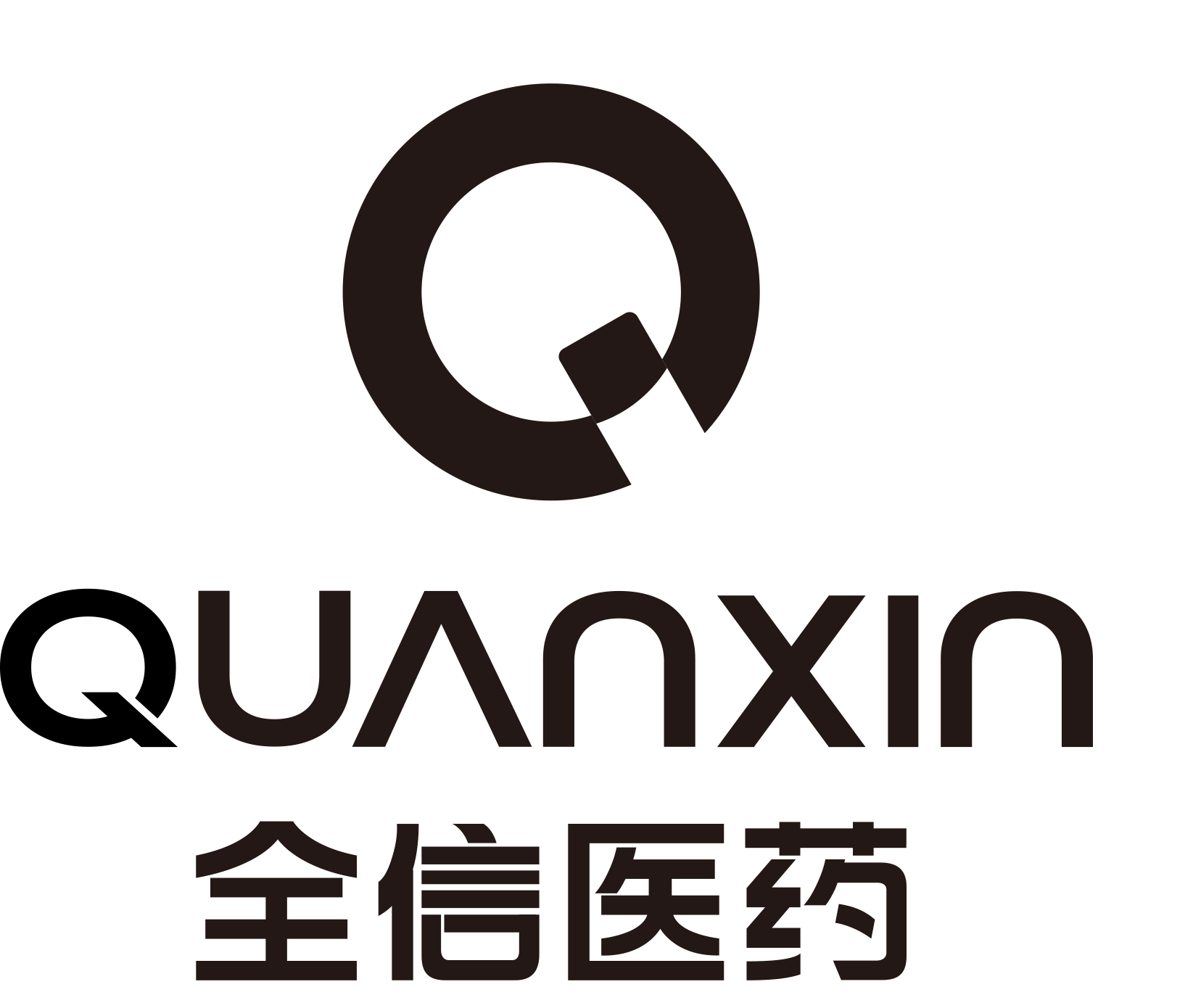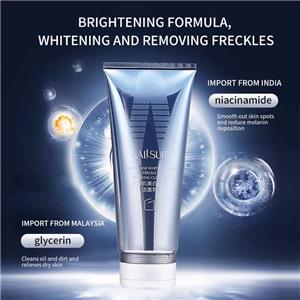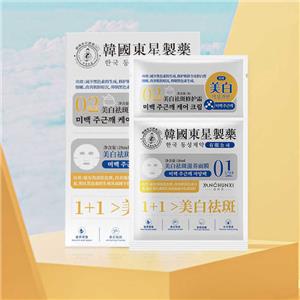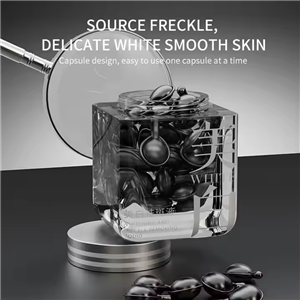Mutual reduction of tariffs between China and the United States! Is the continuous decline in imported beauty products over?
The common challenges mentioned by many international beauty groups in their first quarter reports are that the Chinese market is still sluggish and the Asia Pacific market continues to decline. With the ongoing tariff war between China and the United States, such pressure has become increasingly intense. From the data of imported cosmetics in the first quarter, it can be seen that there are indeed difficulties in importing cosmetics (see details). But it is worth noting that this situation seems to have changed in April of this year. With the release of the Joint Statement of the China US Geneva Economic and Trade Talks today, import data has also received good news. Recently (May 9th), the General Administration of Customs of China released the main import and export data for April this year. Among them, the import quantity of beauty cosmetics and toiletries (hereinafter referred to as cosmetics) in April was 30900 tons, a year-on-year increase of 11.8%; The import amount was 12.19 billion yuan, a year-on-year increase of 9%. In addition, the cumulative import quantity from January to April 2025 was 110900 tons, a year-on-year increase of 8.9%; The cumulative import amount was 40.2 billion yuan, a year-on-year increase of 1.2%.
It should be noted that under Trump's tariff "big stick", the situation of China's imports of goods from the United States also changed in April (the amount decreased by 3.7% year-on-year from January to April). Under the new severe challenges facing the global trade order, imported cosmetics are inevitably affected. According to CCTV News on May 12th, high-level economic and trade talks between China and the United States were held in Geneva, Switzerland from May 10th to 11th local time. The high-level economic and trade talks between China and the United States have made substantial progress, significantly reducing the level of bilateral tariffs (the United States has cancelled a total of 91% of the additional tariffs, and China has correspondingly cancelled 91% of the countermeasures; the United States has suspended the implementation of 24% of the "equivalent tariffs", and China has also suspended the implementation of 24% of the countermeasures). This measure is in line with the expectations of producers and consumers in both countries, as well as the interests of both countries and the common interests of the world. Under this, the development pressure on international beauty groups, especially American cosmetics companies, may be alleviated to some extent.




